The Nvidia GeForce RTX 5070 Ti: A Budget-Friendly 4K Powerhouse?
The Nvidia GeForce RTX 5090's underwhelming generational leap and high price point left many wanting. However, the RTX 5070 Ti offers a more compelling proposition. While not drastically faster than its predecessor, its affordability makes it the most sensible Blackwell-architecture card for most consumers, particularly those on a budget.
Priced at $749, the RTX 5070 Ti excels as a 4K graphics card, effectively overshadowing the more expensive RTX 5080 (provided you can find either card at its MSRP). It's crucial to note, however, that aftermarket models, like the reviewed MSI variant at $1099, significantly inflate the cost, surpassing the RTX 5080's $999 price tag. At its base price, though, the RTX 5070 Ti is a strong contender, especially for 4K gaming enthusiasts.
Purchasing Guide:
The Nvidia GeForce RTX 5070 Ti launched February 20, 2025, with a starting price of $749. However, expect significant price variations across different models. While excellent value at $749, its appeal diminishes as the price approaches that of the RTX 5080.
Nvidia GeForce RTX 5070 Ti – Image Gallery
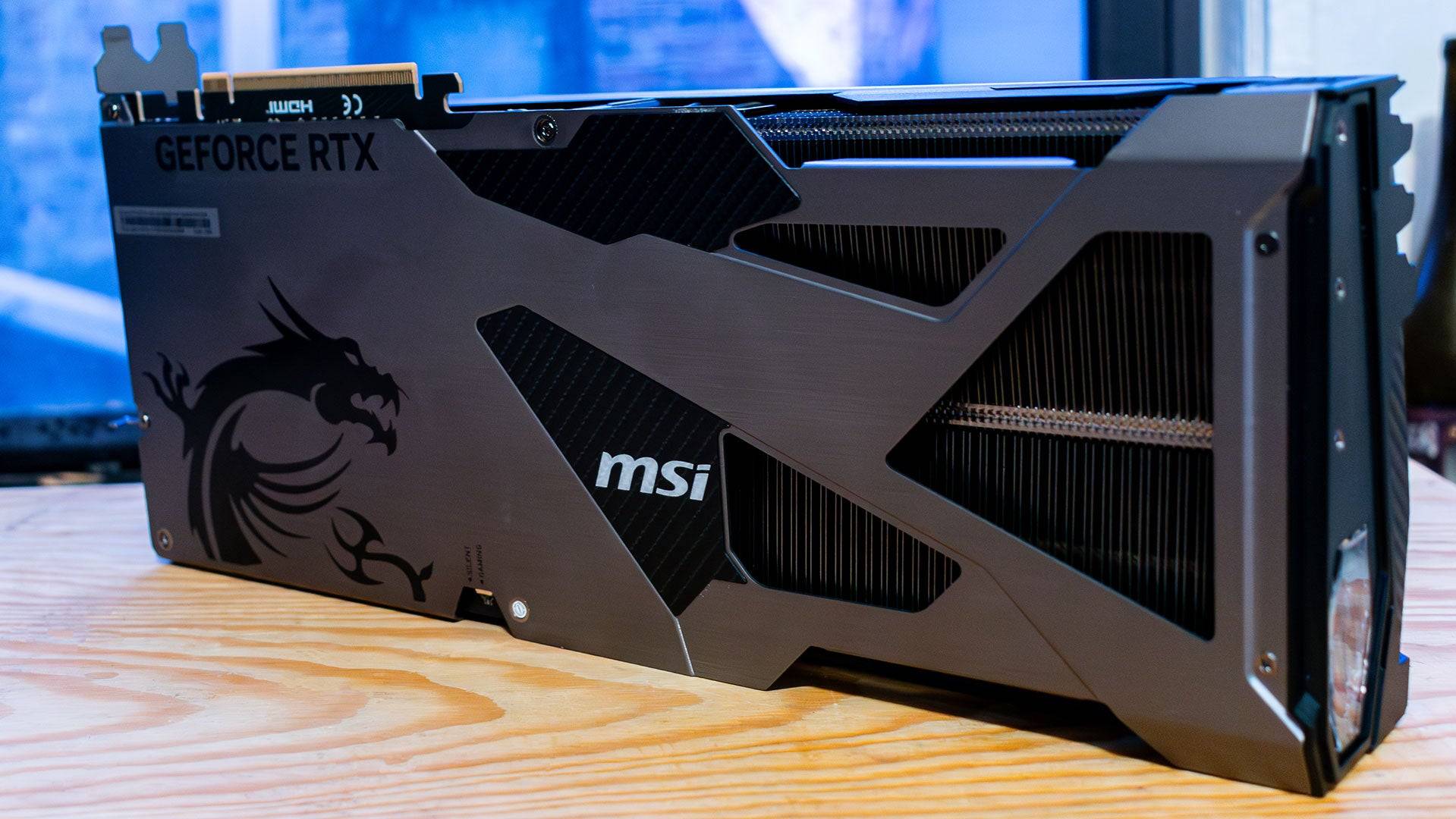
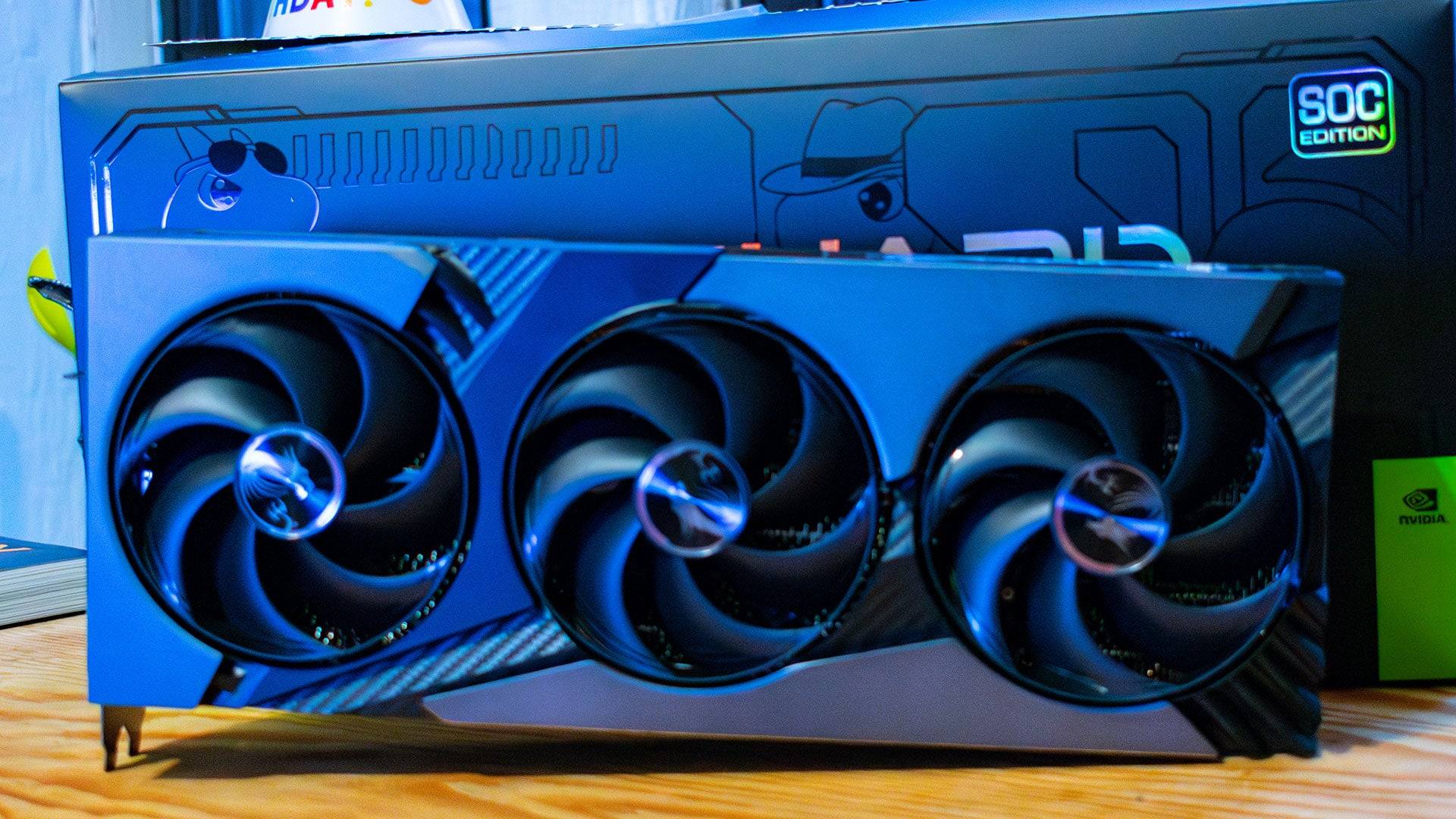 6 Images
6 Images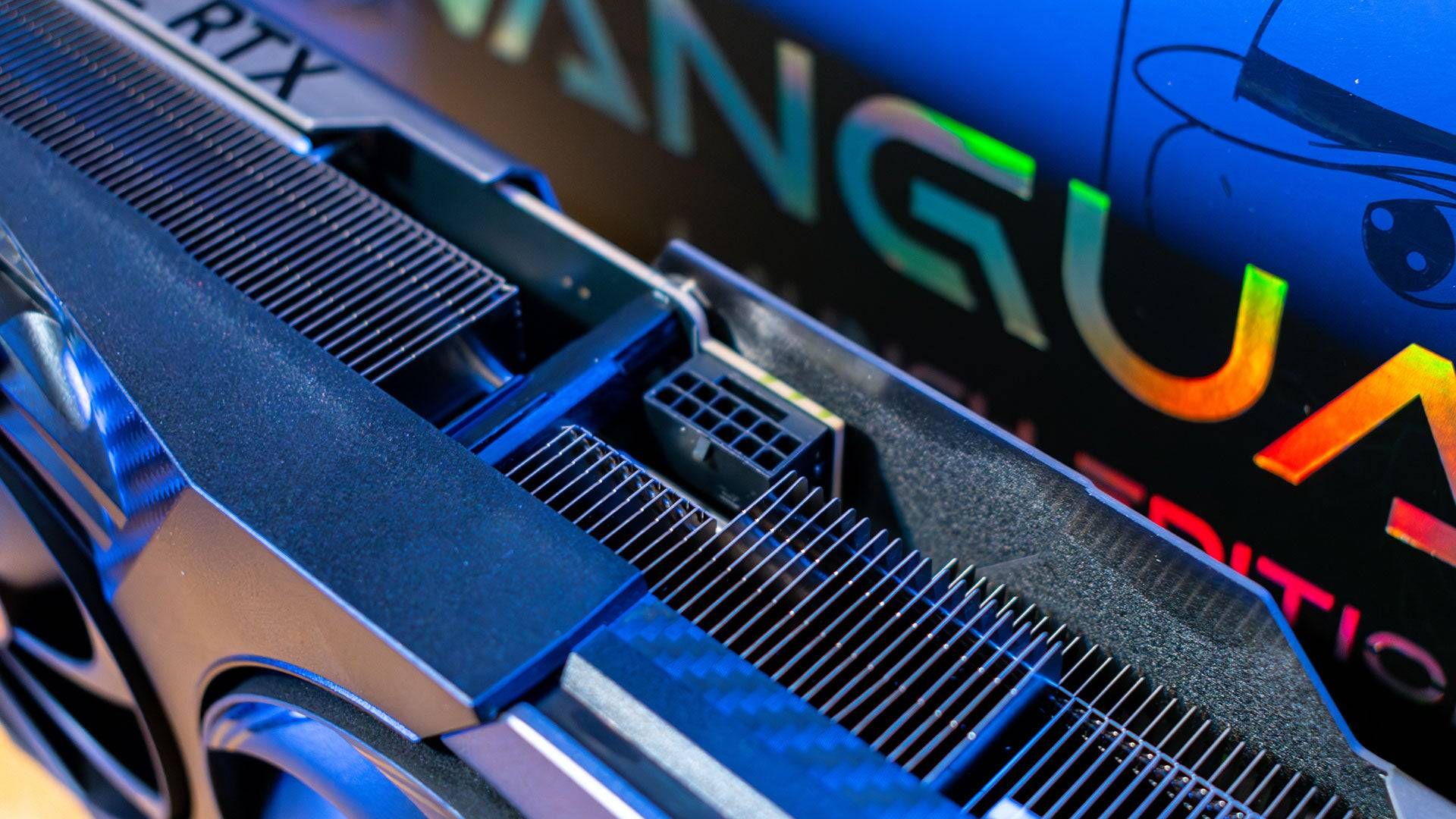
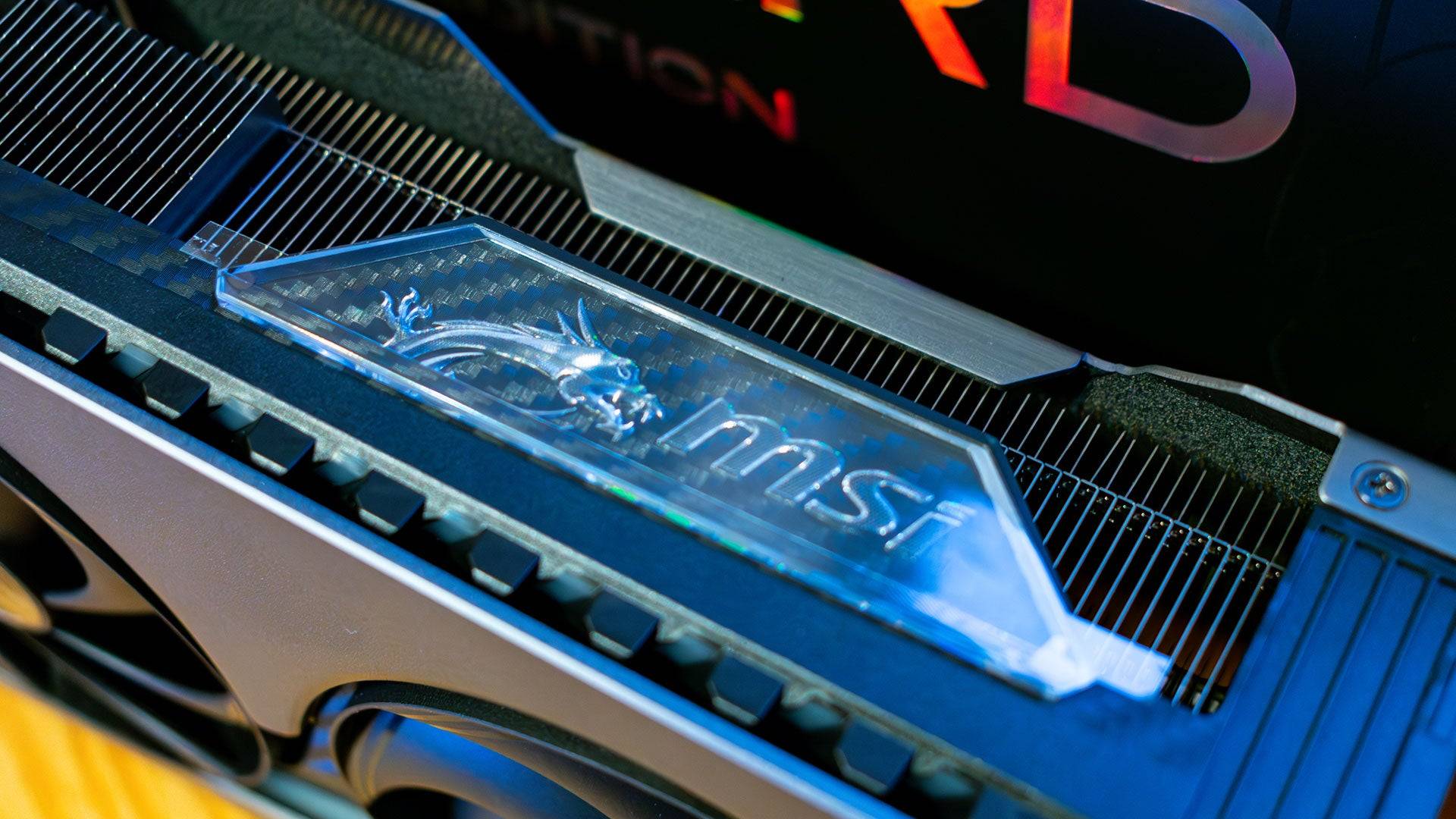
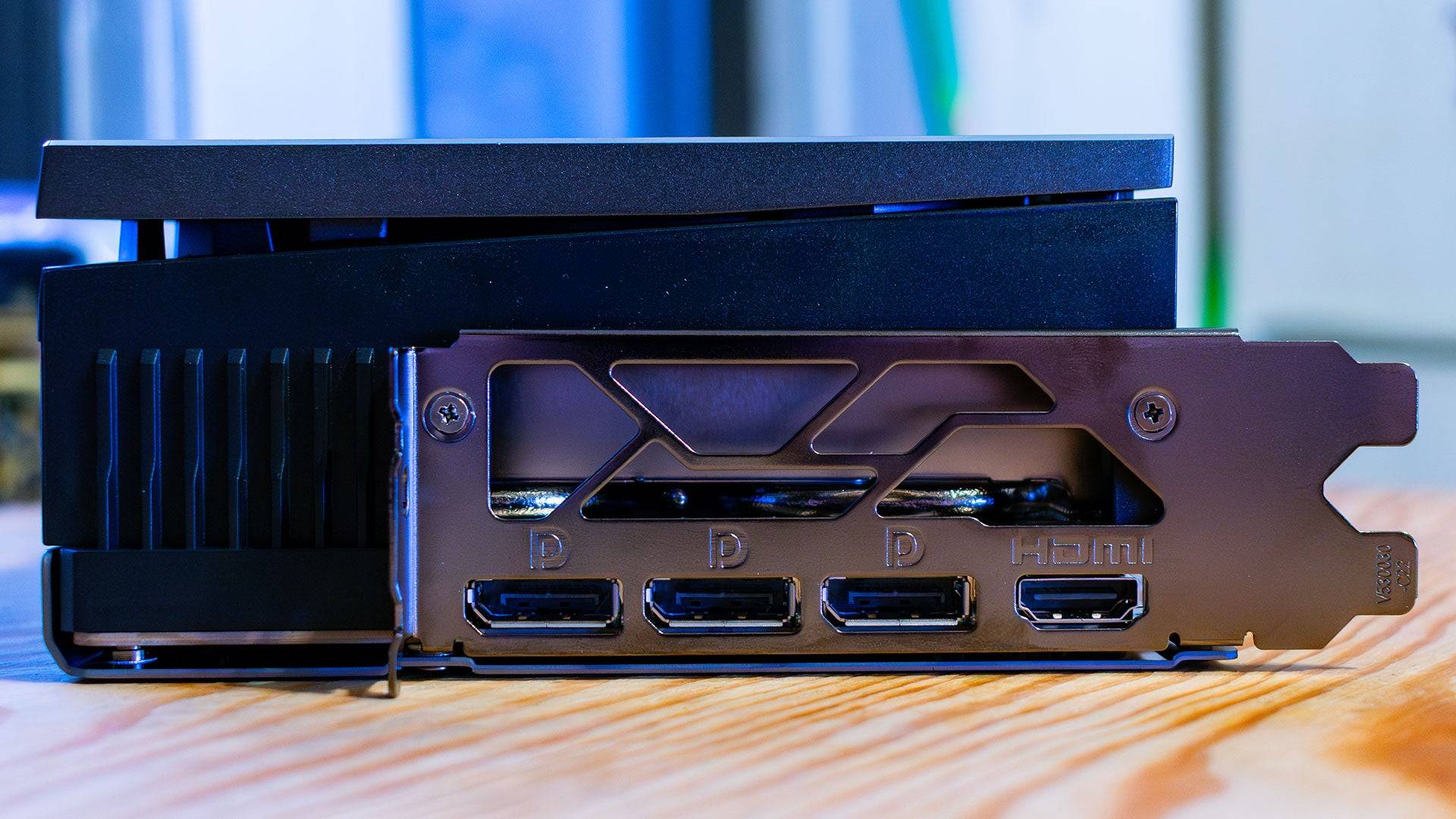

Specs and Features:
The RTX 5070 Ti is the third Blackwell architecture-based card. While initially designed for AI applications, Nvidia adapted it for gaming GPUs, retaining its AI capabilities. Sharing the GB203 GPU with the RTX 5080, it features 70 Streaming Multiprocessors (SMs), 8,960 CUDA cores, 70 RT cores, and 280 Tensor Cores (14 SMs disabled compared to the RTX 5080). It boasts 16GB of GDDR7 RAM, albeit slightly slower than the RTX 5080's.
The Tensor Cores, coupled with a new AI Management Processor (AMP), are key. The AMP offloads workload from the CPU to the GPU, improving efficiency for features like DLSS and frame generation.
DLSS 4 utilizes a Transformer model instead of a CNN, enhancing image quality and reducing artifacts. It also introduces Multi-Frame Generation (MFG), generating up to three frames per rendered frame, potentially quadrupling frame rates. However, this increases latency, although Nvidia's Reflex technology aims to mitigate this.
With a 300W TDP, it's comparable to the RTX 4070 Ti and 4070 Ti Super. Nvidia recommends a 750W PSU, but an 850W PSU is advisable, especially for high-end models.

DLSS 4: Is It Worth It?
While faster than its predecessor, the RTX 5070 Ti's main selling point is DLSS 4, particularly MFG. High refresh rate monitors benefit significantly, though latency improvements are not dramatic. MFG analyzes rendered frames and motion vectors to predict subsequent frames, generating up to three additional frames. While not always a 4x increase, it significantly boosts frame rates on high-end displays. Increased latency is minimal at higher frame rates due to improved prediction accuracy. Lower frame rates, however, may result in noticeable lag and artifacts.
Nvidia GeForce RTX 5070 Ti – Benchmarks
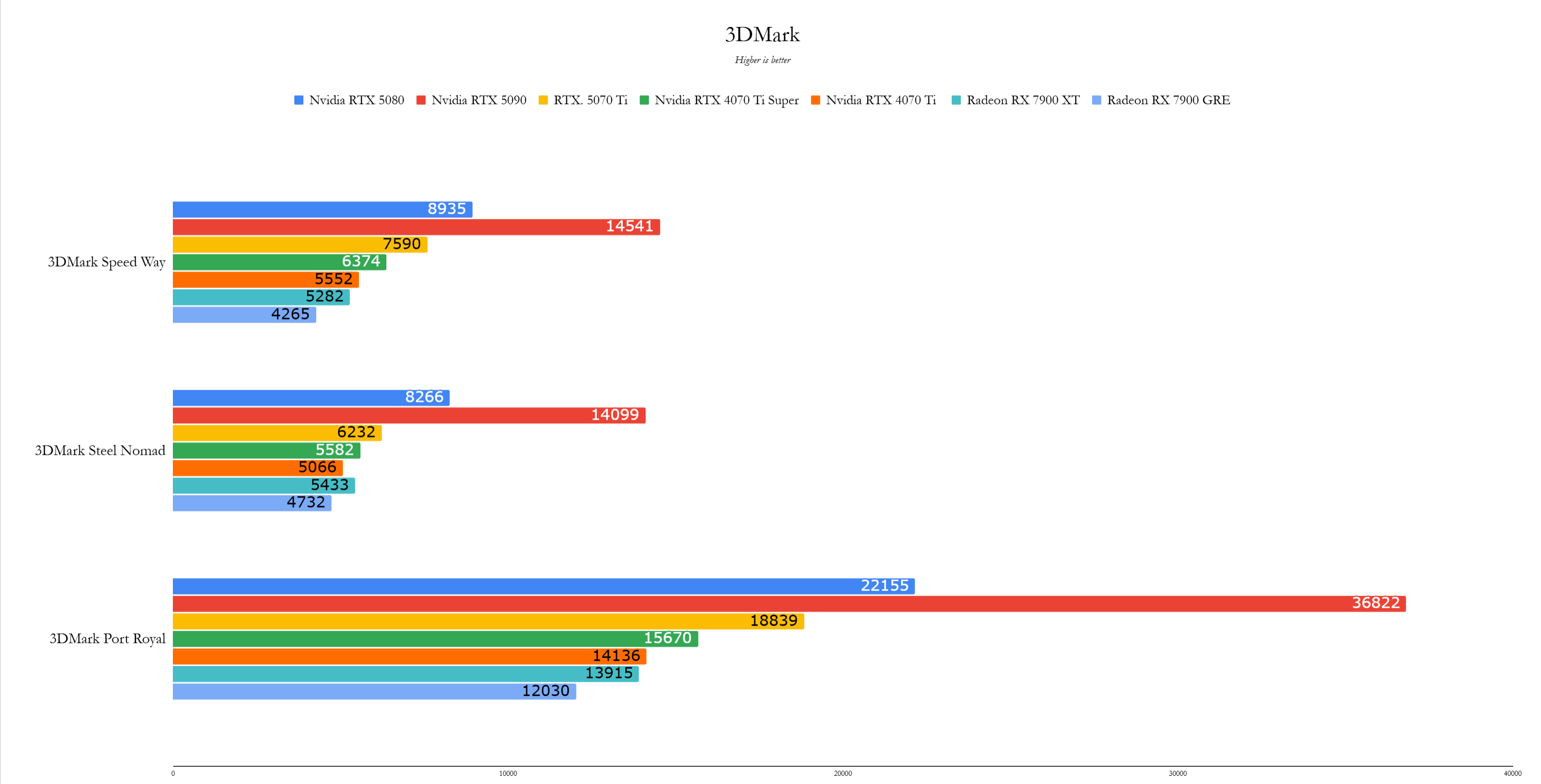
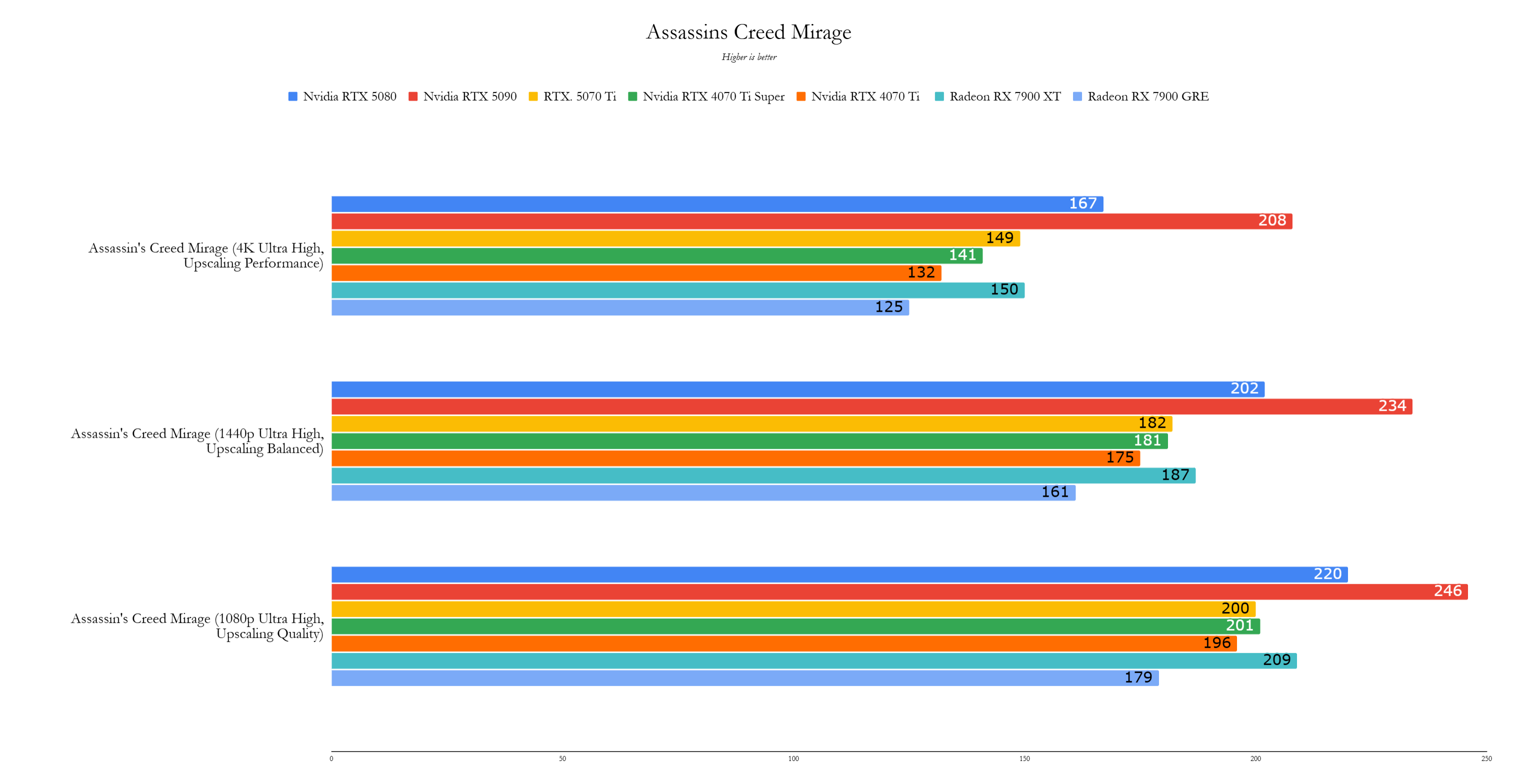 12 Images
12 Images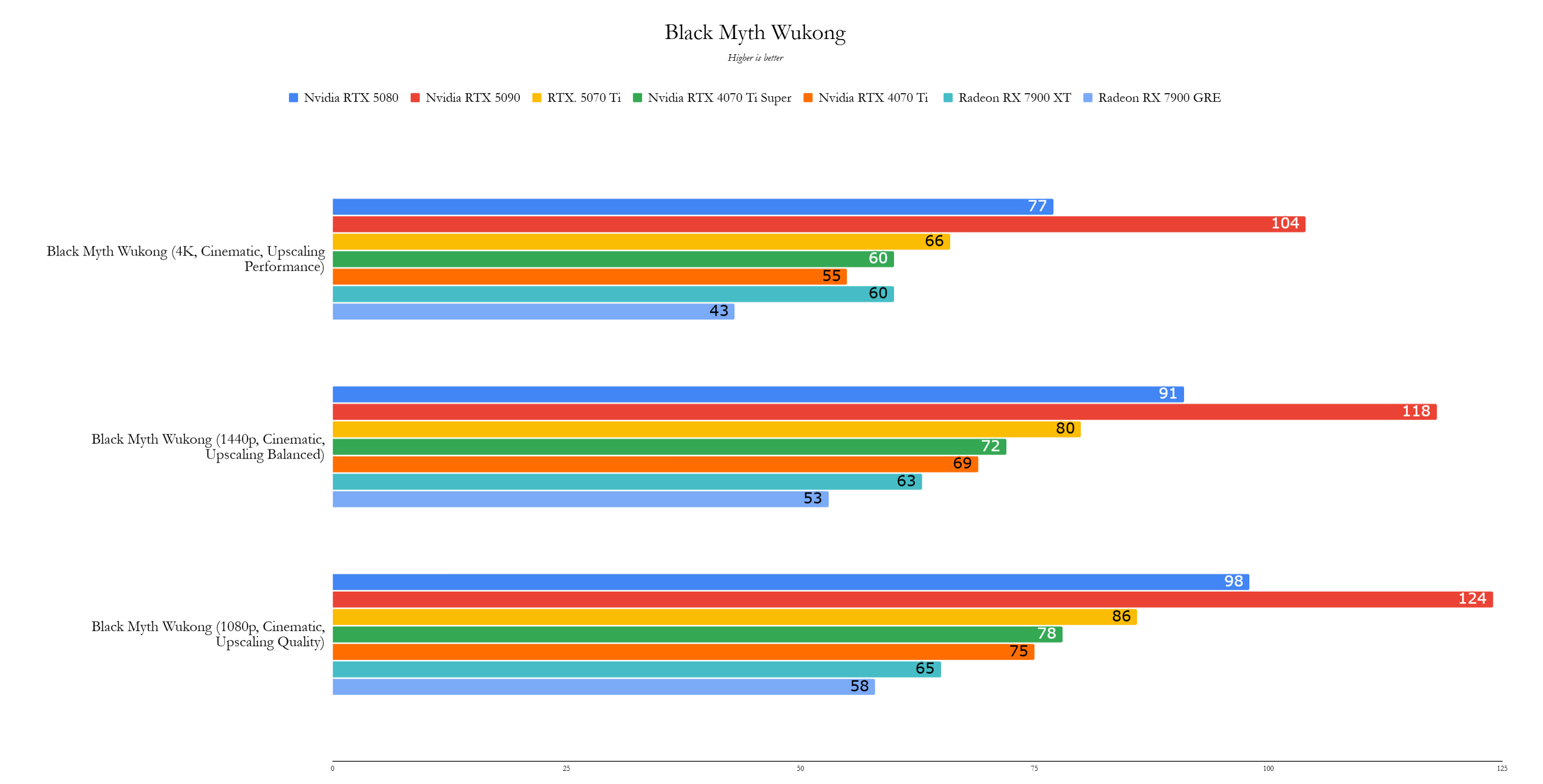
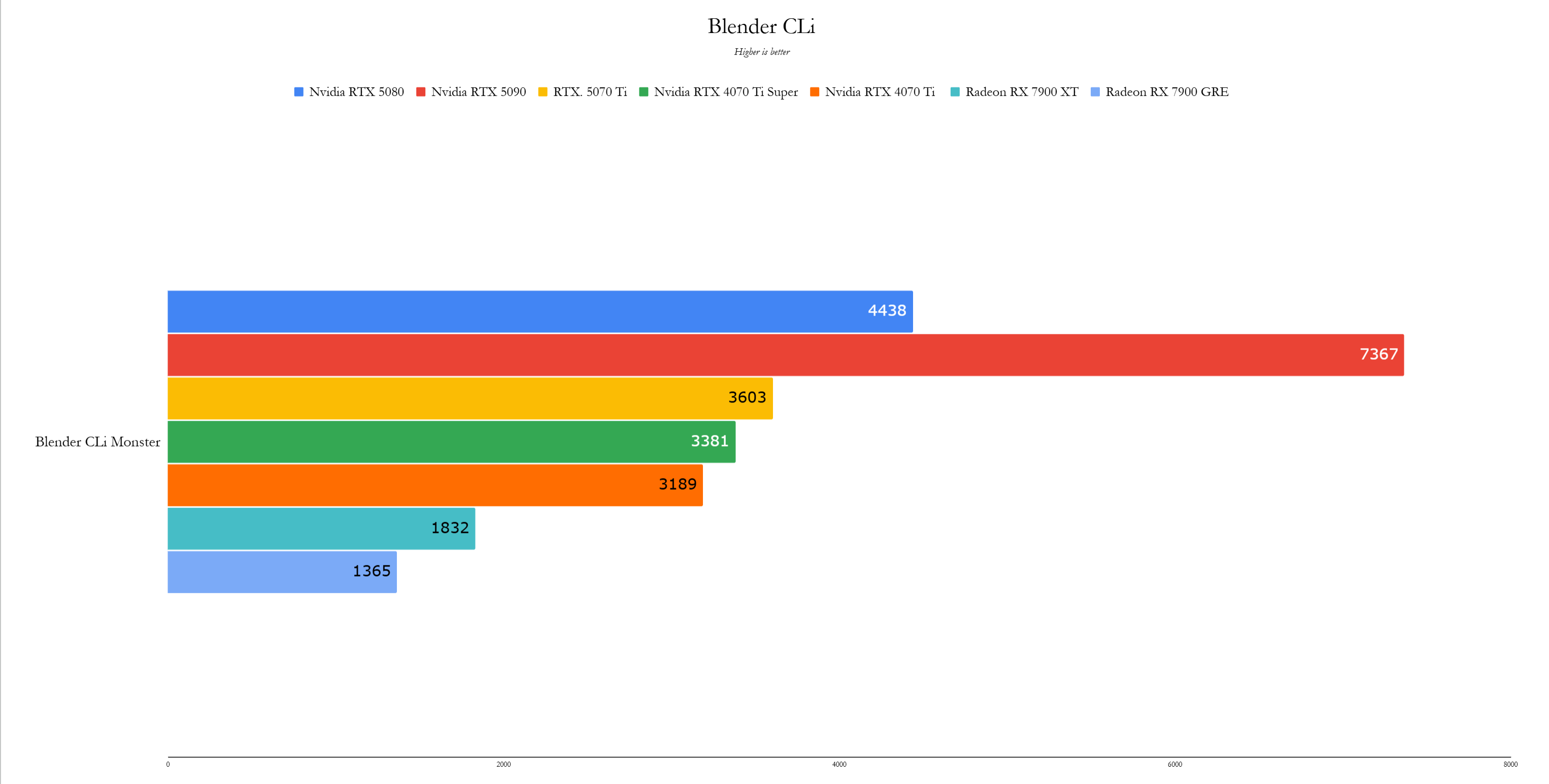
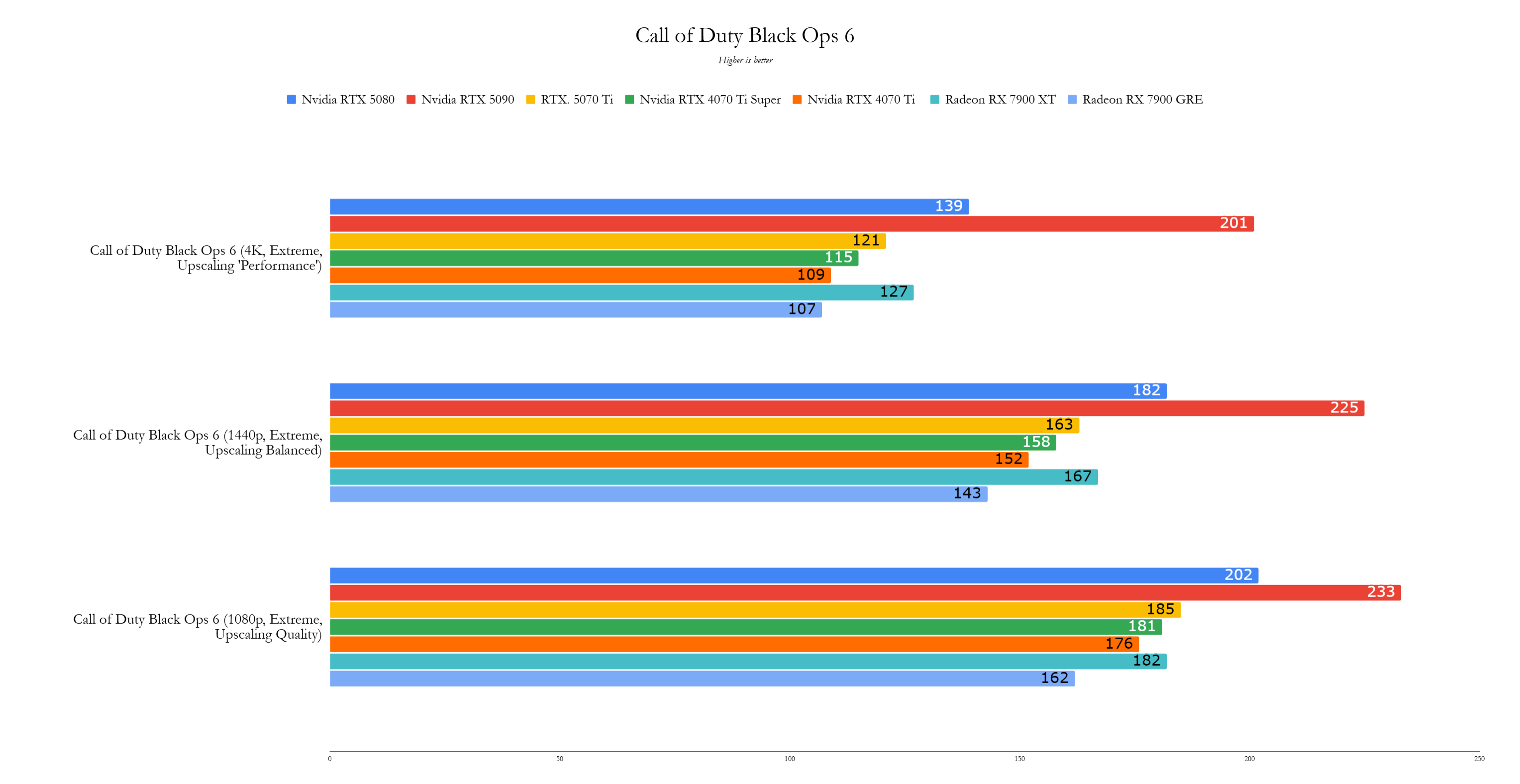
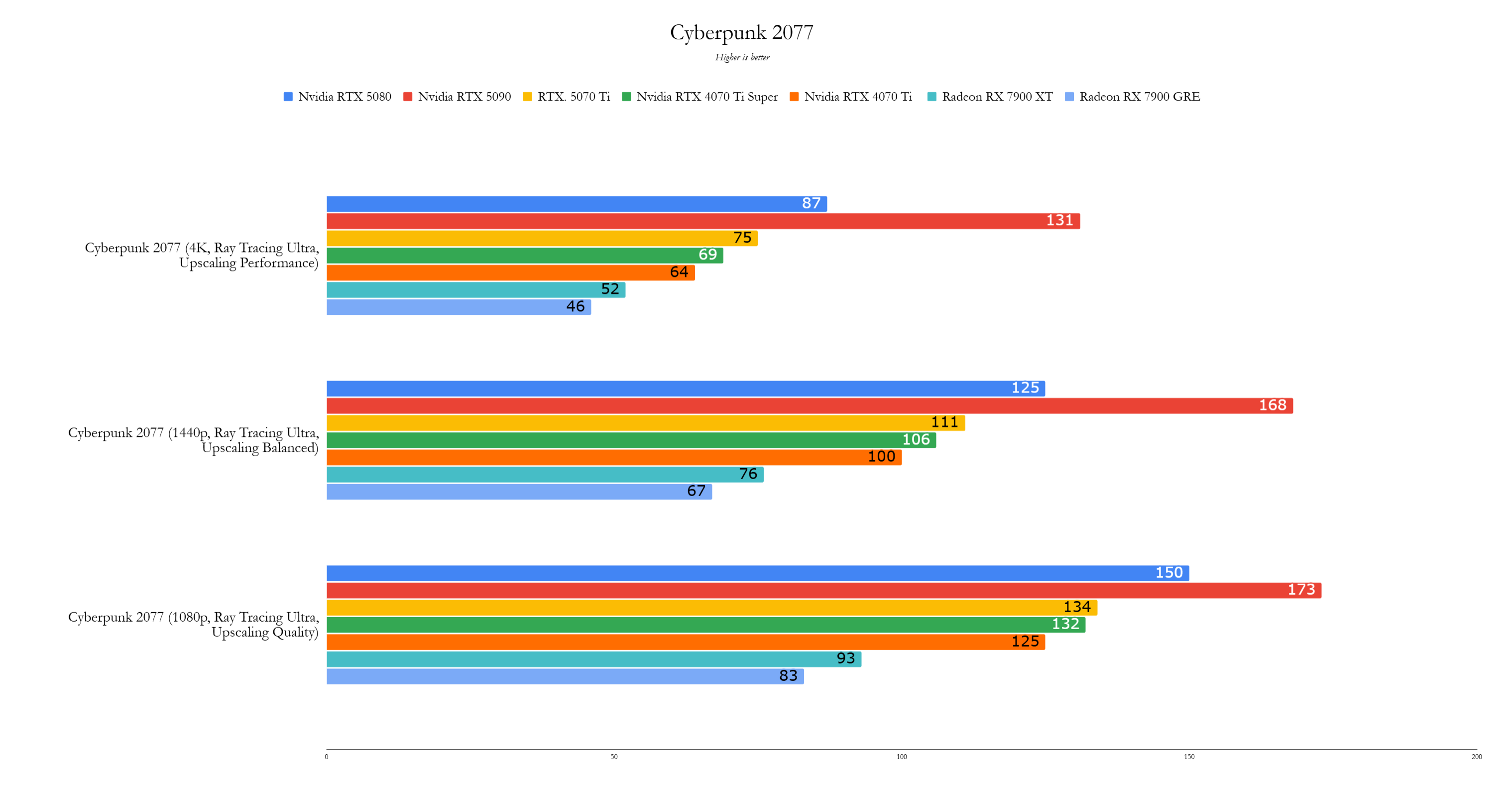
Performance:
At 4K, the RTX 5070 Ti is approximately 11% faster than the RTX 4070 Ti Super and 21% faster than the RTX 4070 Ti. This surpasses the RTX 5080's generational improvement, making it the best value in its generation. It consistently exceeds 60 fps at 4K in demanding titles.
Test System:
- CPU: AMD Ryzen 7 9800X3D
- Motherboard: Asus ROG Crosshair X870E Hero
- RAM: 32GB G.Skill Trident Z5 Neo @ 6,000MHz
- SSD: 4TB Samsung 990 Pro
- CPU Cooler: Asus ROG Ryujin III 360
The review utilized an MSI Vanguard Edition RTX 5070 Ti at stock settings. Benchmark scores reflect the $749 MSRP. Testing included the latest game versions and drivers (Game Ready Driver 572.42 for Nvidia cards except the 5070 Ti, which used a pre-release driver, and Adrenalin 24.12.1 for AMD cards). Frame generation and upscaling were disabled or used appropriately depending on game support.
Benchmark results show significant improvements over previous generations in various titles, though some games showed less dramatic gains.
Conclusion:
The Nvidia GeForce RTX 5070 Ti, at its MSRP of $749, represents excellent value for a 4K GPU. Its performance uplift over its predecessor, coupled with its lower price point than the RTX 4070 Ti, makes it a compelling choice for 4K gaming.









